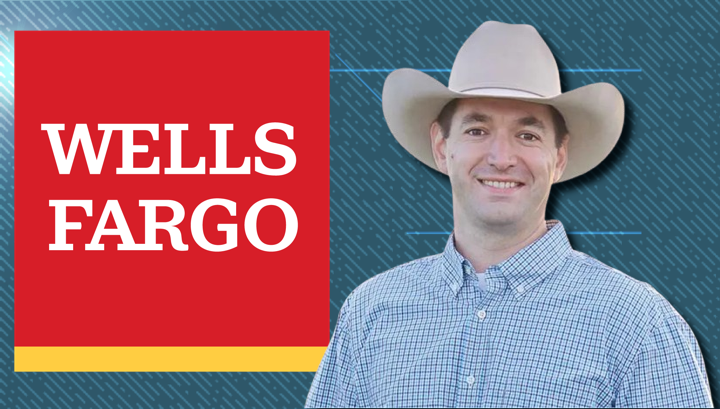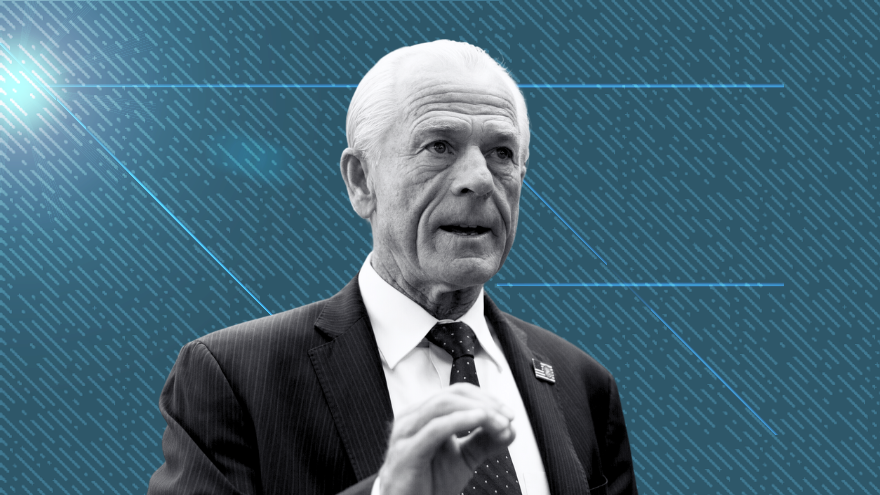A collection of 16 attorneys general have asked Wells Fargo to explain why it closed the accounts of certain organizations and individuals.
The state officers are concerned that the bank is unfairly targeting customers based on their political beliefs.
Montana Attorney General Austin Knudsen is leading the effort. He says Wells Fargo and five other large national banks are acting “economic regulators” under the direction of the Biden administration after deeming Republican political candidates, civilians and organizations involved in the gun industry as risks. Knudsen and the other attorneys general are also concerned about Wells Fargo’s Net-Zero Banking Alliance pledge. The bank promised to “align their customers’ greenhouse gas emissions with aggressive 2030 targets to align with the Biden administration’s net-zero goals.”
“Wells Fargo is pushing the Biden administration’s anti-gun and anti-traditional energy policies and discriminating against customers who don’t fall in line with their political beliefs,” Knudsen said in a press release. “As attorney general, it’s my job to protect Montanans from discriminatory business practices. I will continue to investigate and fight against any illegal actions that could impact Montana businesses and consumers.”
The attorney general co-signed a letter to Chief Executive Officer Charles Scharf on March 6. They noted that the bank has vowed to deny service to companies “deriving the majority of their revenues from the extraction of coal” and “coal mining companies deriving the majority of their revenues from mountaintop removal coal operations.”
“Blanket prohibitions and policies against providing service to certain customers lead to the inevitable question—who is next?” the attorneys general asked. “Which types of companies or people will Wells Fargo determine cannot be allowed as customers?”
The attorneys general also asked about a deal between Wells Fargo and BlackRock wherein “Wells Fargo agreed that if BlackRock met racial quotas, then Wells Fargo would decrease the amount that BlackRock had to pay under the agreement” but if “BlackRock failed to meet racial quotas, then BlackRock would have to pay more to Wells Fargo.” They added that Wells Fargo “also appears to be party to other ‘ESG-linked’ agreements tying loan terms to ESG objectives” and warned that “such agreements are a back-door effort to use bank market share to impose enforce Biden Administration policies outside of the democratic process.”
“Racial discrimination in employment is illegal under state and federal law, yet in this agreement, Wells Fargo appears to be not only allowing, but incentivizing such discrimination,” the co-signers wrote. “Offering financial incentives for companies to enforce racial quotas raises serious questions, including whether contracts like these represent a conspiracy to violate the law.”
Knudsen and the attorneys general asked Scharf to explain what the bank will do to clients that do not meet the emission reduction standards, to provide information about the decision to debank Wex Gunworks, social media commentator Lauren Witzke, and political reporters Pete D’Abrosca, to clarify how ESG-related terms are used in the bank’s financial contracts.
Wells Fargo has until April 4 to respond.

